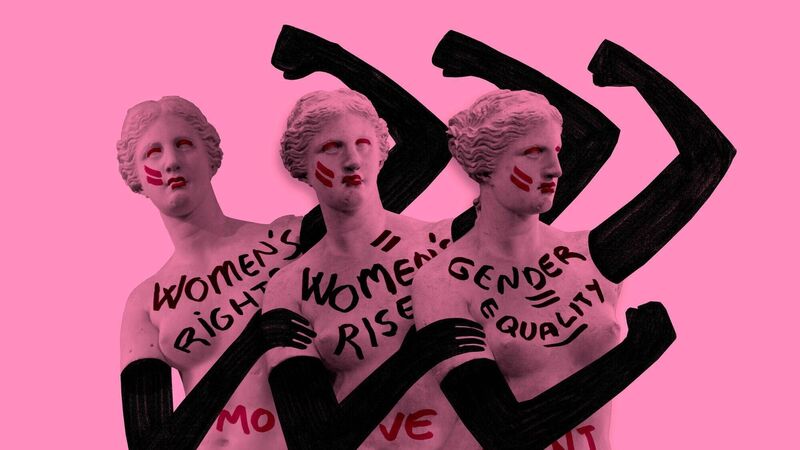Sarah Harte: Louise Perry’s conservative book lobs a grenade into feminist discourse

In a world of rapid conclusions, it will be interesting to see what reactions Louise Perry’s provocative take on feminism provokes. File picture
There’s a new wind blowing across Europe where writers, thinkers, think tanks, intellectuals are increasingly coming out of the traps as “conservatives” although they may use other labels.
In a broad sense, their ideology sees itself as countering a liberal overemphasis on freedom and individual rights.
















